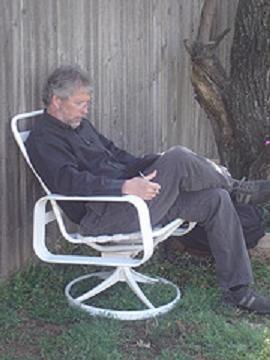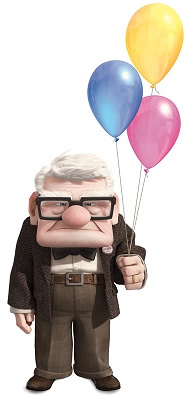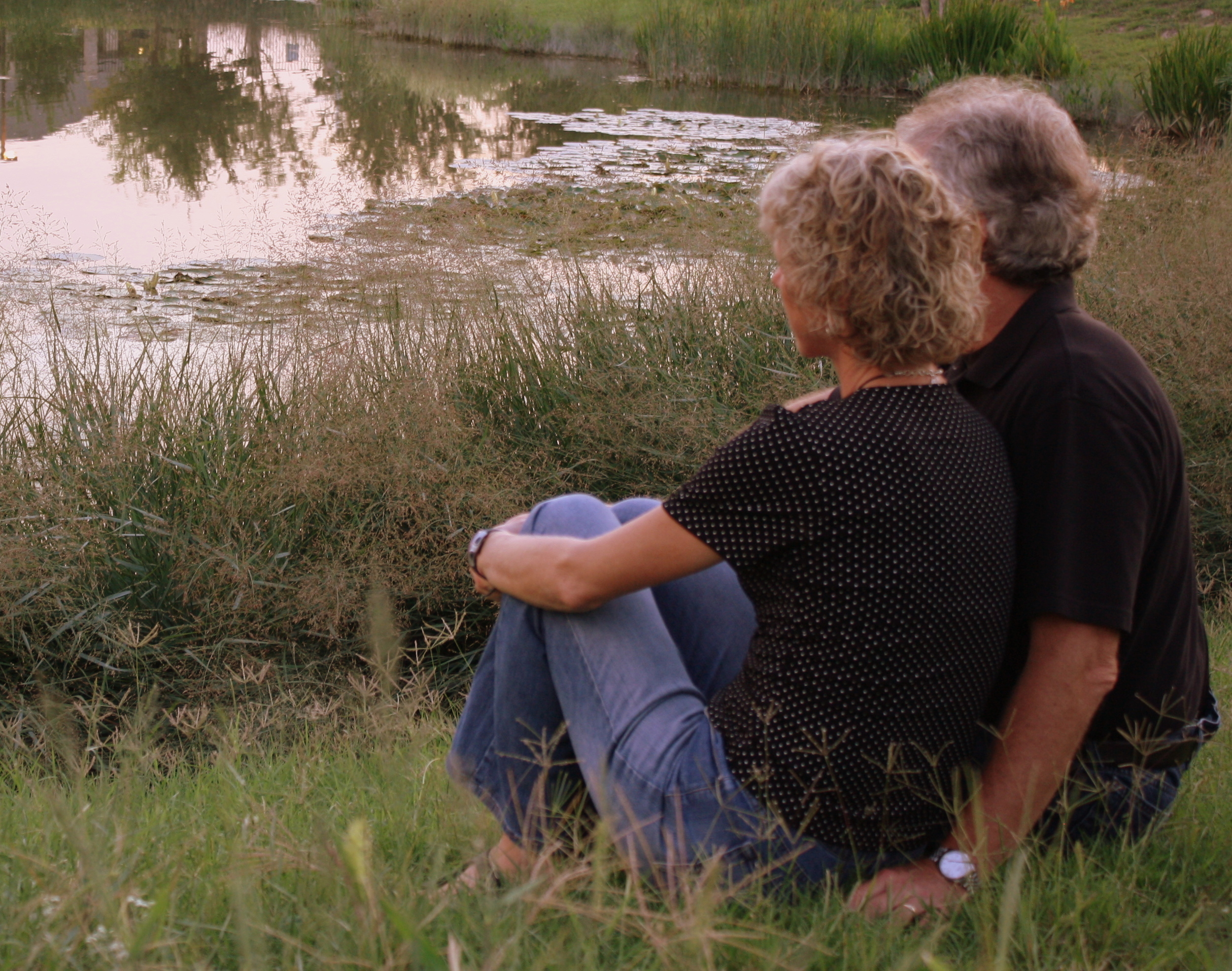Ruined by Reading
/The first book I remember reading all by myself was the classic, Go Dog Go, by P. D. Eastman. I wish I still had my copy of the book, but it disappeared in some garage sale after I finished reading it. Recently, when our daughter, Katie, and her family, were visiting, I told my first-book story. Katie smiled and pulled out a new copy of that very same book, Go Dog Go, belonging to my granddaughter, Madden. It made me happy.
I have always been a reader.
During my elementary school years I used to sign up for the summer reading program at the Winkler County Public Library. My mom let me walk from the church, where she was working as part-time secretary, to the library. I would load up on books, carry them back, and read them lying on the floor of her office while she worked on Sunday School attendance records and the weekly church bulletin.
I learned about Civil War battles, WWII aircraft, the Alamo and San Jacinto and how to be a Texan, Boy Scout merit badge skills, and how to build my own rockets and make my own rocket fuel. Cyndi was surprised a library let boys check out books about building homemade rockets, but it was the 1960s. Apparently it was considered safe back then.)
Once, in the 5th grade, I checked a book from the school library titled Man of War, naturally assuming it was about giant British warships from the 17th and 18th centuries. I was so disappointed when I started reading a book about a race horse. Who wants to read about horses?
I read so many books about war my teacher told me to pick something else. She was afraid I would turn violent. But she did me a favor. I moved to another section in the library and discovered books about spies and espionage. Perfect.
The first time I spent my own money on a book was to buy paperback copies of The Hobbit and The Lord of the Rings, for $1.25 apiece. I still have them on my shelf.
When I was a student at the University of Oklahoma I discovered the Baptist Student Union bookstore, and many of the books I bought and read shaped the rest of my life.
As an adult, the first non-text-book I asked for was American Caesar, about General Douglas MacArthur, by William Manchester. Cyndi gave it to me our first Christmas as a married couple.
Unfortunately, my early adult reading practice was sporadic and weak for too long. That is, until I heard a motivational talk by Jim Rohn encouraging me to be intentional and systematic about learning and growing and living. He told me to keep a list of the books I’ve read. Following his advice, I started my list in 1986.
 Not long ago I rediscovered a book by Lynne Sharon Schwartz titled Ruined by Reading. She wrote, “Reading was the stable backdrop against which my life was played.”
Not long ago I rediscovered a book by Lynne Sharon Schwartz titled Ruined by Reading. She wrote, “Reading was the stable backdrop against which my life was played.”
That is certainly true for me. I am defined by years of reading. If you hear me say something clever, or read some brilliant piece of my writing, know that it comes from my lifetime of reading.
I love having books around me, especially if they’re books I’ve read. Sometimes I wonder if my drive to write comes from the desire to do my part to add to the books on the shelves.
Well, you can tell a lot about people by the practices they maintain throughout their life. To know me, you have to understand my life with Cyndi. But I’ve been a runner even longer than I’ve been married. And I’ve been a musician longer than I’ve been running. And I’ve been a dedicated reader longer than all those, longer than anything but eating and sleeping.
How about you? What is the longest thread running through your life? What is your deepest practice?
“I run in the path of Your commands, for You have set my heart free.” Psalm 119:32
Read and subscribe to my weekly blog, read daily writing on Tumblr, and follow me on Twitter and Facebook.















